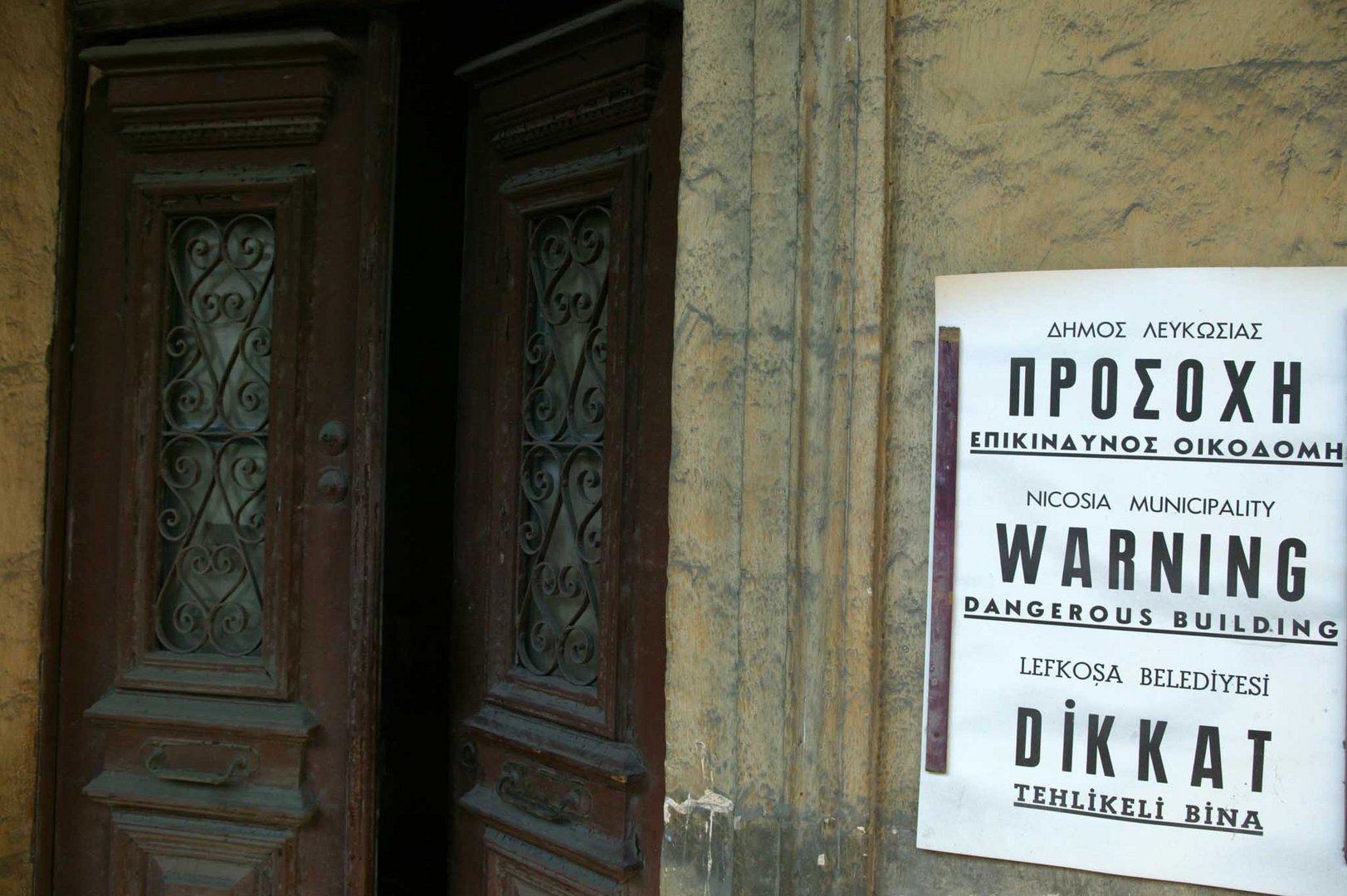Cyprus must stop dragging its feet and finally decide to implement building safety checks, with the Turkey-Syria earthquake serving as a stark reminder of the dangers.
Those were the emphatic comments made by Constantinos Constanti, head of the Cyprus Scientific and Technical Chamber (Etek), who again called for buildings to be required to have updated safety certifications – much like the MOT for cars.
He warned that Cyprus’ ageing housing and building stock is at serious risk from earthquakes and severe weather events.
The shock and devastation from Monday morning’s 7.8 earthquake, which has so far killed at least 5,000 in neighbouring Turkey and Syria, caused alarm in Cyprus. Thousands woke up across Cyprus just after 3am, scared and confused.
“Eventually time runs out, the procrastination must end and decisions be taken immediately,” Constanti said, stressing that he has taken the matter up repeatedly with the interior ministry and across parliamentary committees.
He explained that much of the housing stock was constructed prior to the anti-seismic regulations which came into force in 1994. He also pointed out that much housing stock was built after 1974. Many have expressed concerns that such housing was built in a rush and may be sub-par.
He said that there should be incentives for seismic structural upgrading as is the case with energy upgrading of buildings.
But his key concern is the lack of regular building inspections and the lack of suitability certificates being insititutionalised.
He explained that this could be done alongside a digital ID assigned to buildings, which could record key details such as the date of construction and their purpose.
Constanti has issued a series of warnings over the years as the recurring problem of balconies collapsing has caused alarm.
“We’re lucky to not have had fatal incidents,” Constanti said.
In October, a series of balcony collapses reignited the debate over construction quality and the seeming lack of checks. In just one day, two separate balconies collapsed onto the pavement below – injuring a passerby.
In July, five people were injured and three hospitalised for serious injuries after a balcony collapsed there, too.
“Then there’s the issue of abandoned buildings for which no one seems to care if they are dangerous for those living nearby or whether they collapse after a storm,” he added.
Constanti said such incidents are all too common in some areas, particularly downtown Nicosia where a wall of on old building collapsed on Monday.







Click here to change your cookie preferences